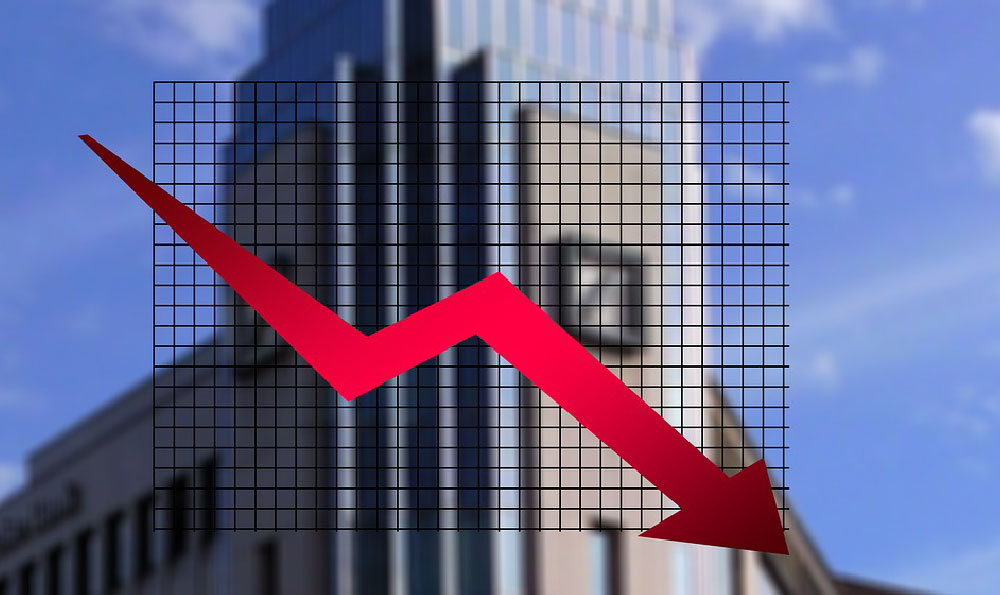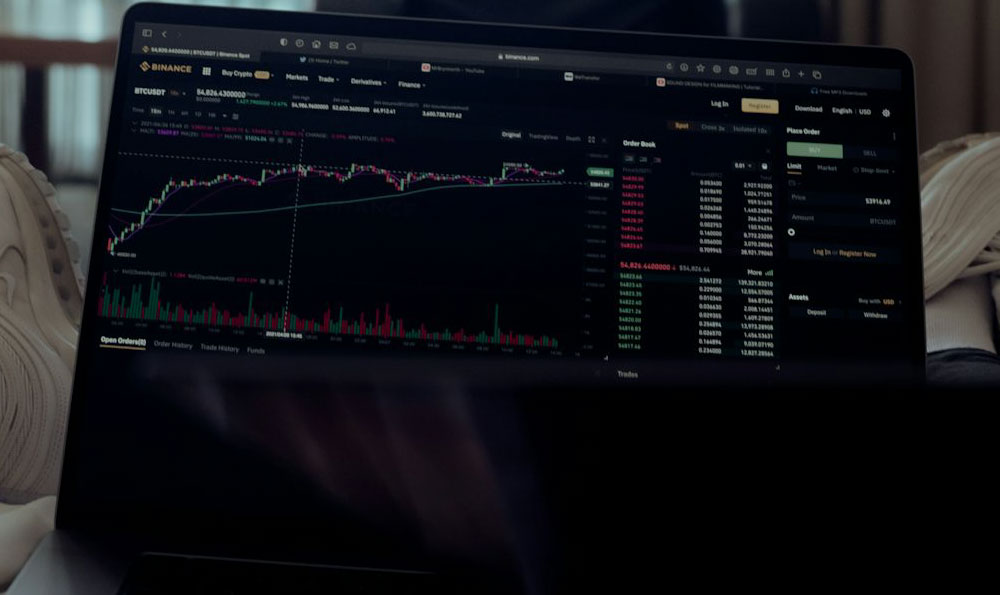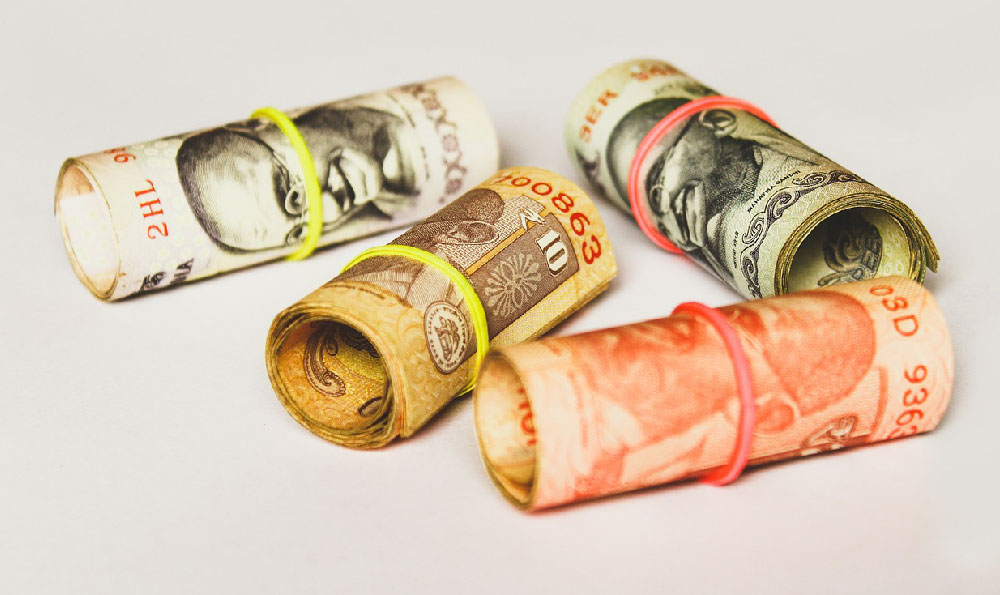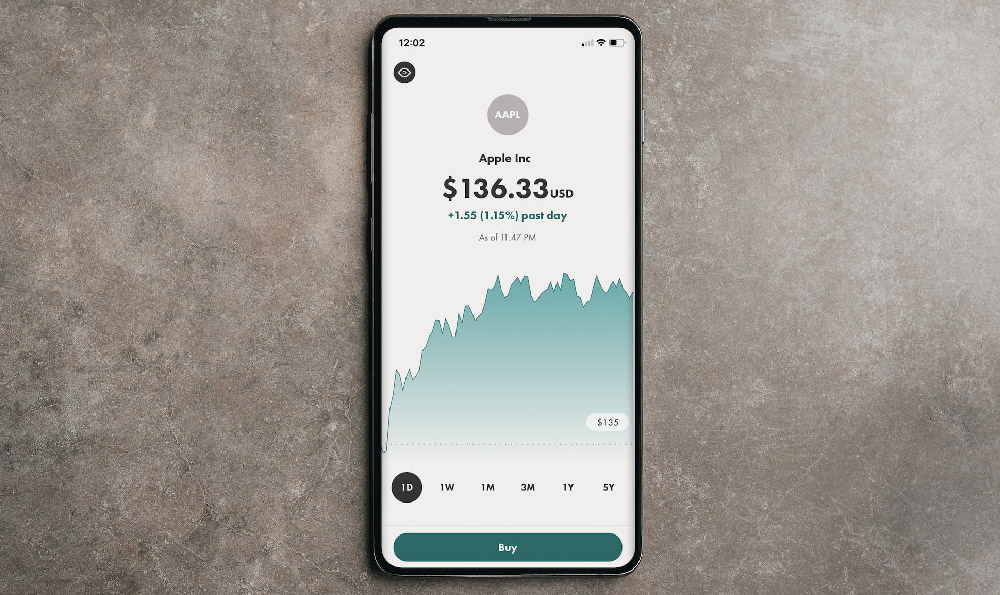Are Silver Coins a Good Investment? Should You Buy?

Okay, I understand. Here's an article addressing the investment potential of silver coins, aiming for comprehensive coverage and a natural, flowing style:
Are silver coins a viable addition to a well-rounded investment portfolio, or are they simply shiny objects better left to collectors? This question demands a multifaceted answer, delving into the historical performance of silver, its inherent characteristics, and the various factors that can influence its price.
Silver, unlike gold, has dual properties that drive its demand. On one hand, it acts as a precious metal, a traditional store of value and hedge against inflation and economic uncertainty. On the other hand, silver possesses critical industrial applications. It's a vital component in electronics, solar panels, medical equipment, and countless other manufactured goods. This dual nature creates a complex interplay of forces that affect its price. When industrial demand is high, silver prices tend to rise, regardless of broader economic trends. Conversely, a slowdown in manufacturing can depress its value, even if gold is performing well as a safe haven asset.

Historical data reveals that silver can exhibit significant volatility compared to other investments, including stocks and bonds. Its price fluctuations can be dramatic, offering the potential for substantial gains, but also exposing investors to considerable risk. Looking at historical charts, you'll observe periods of rapid appreciation, often fueled by inflationary pressures or economic crises, followed by equally sharp corrections. This inherent volatility makes silver coins a potentially risky investment for those with a low risk tolerance or short-term investment horizon.
One of the arguments for investing in silver coins is their tangibility. Unlike stocks or bonds, you physically hold the asset. This can be psychologically reassuring, particularly during times of economic turmoil. The feeling of ownership and control over a physical asset can be appealing to some investors. However, this tangibility also presents challenges. Storage can be an issue, requiring secure locations and potentially incurring additional costs. Furthermore, selling silver coins isn't as straightforward as selling stocks. You need to find a reputable dealer or private buyer, and you'll likely incur transaction fees or a "spread" – the difference between the buying and selling price.
Several factors influence the price of silver, making it challenging to predict future performance. Inflation, interest rates, global economic growth, and technological advancements all play a role. For example, rising inflation often leads investors to seek hard assets like precious metals as a hedge against currency devaluation. Similarly, lower interest rates can make silver more attractive relative to interest-bearing investments. Conversely, a strong dollar can negatively impact silver prices, as it becomes more expensive for international buyers to purchase.
Another crucial consideration is the specific type of silver coin you choose. Not all silver coins are created equal. Bullion coins, such as American Silver Eagles or Canadian Silver Maple Leafs, are typically valued based on their silver content. These coins are produced in large quantities and are relatively easy to buy and sell. Numismatic coins, on the other hand, are valued for their rarity, historical significance, and condition. Their value can be significantly higher than their silver content, but they also require specialized knowledge to assess and are less liquid than bullion coins. Investing in numismatic coins is more akin to collecting than investing, and requires a deep understanding of the coin market.
The decision of whether or not to invest in silver coins should be based on a careful assessment of your individual circumstances, risk tolerance, and investment goals. If you're seeking a low-risk, stable investment, silver coins may not be the ideal choice. However, if you're comfortable with volatility and believe that silver has the potential for future appreciation, it could be a worthwhile addition to your portfolio, but only as part of a diversified strategy.
Consider allocating a small percentage of your overall portfolio to silver, rather than making it a core holding. Before purchasing any silver coins, research the current market prices, compare offers from different dealers, and understand the associated fees. Storage considerations should also be carefully addressed. A home safe may be sufficient for a small collection, but larger holdings may require professional storage at a bank or depository.
Ultimately, silver coins can be a potentially rewarding, albeit risky, investment. Due diligence and a thorough understanding of the market dynamics are crucial for making informed decisions. It's not a get-rich-quick scheme, but a long-term strategy that requires patience and a willingness to weather market fluctuations. Consider consulting with a financial advisor to determine if silver coins align with your overall investment plan.














